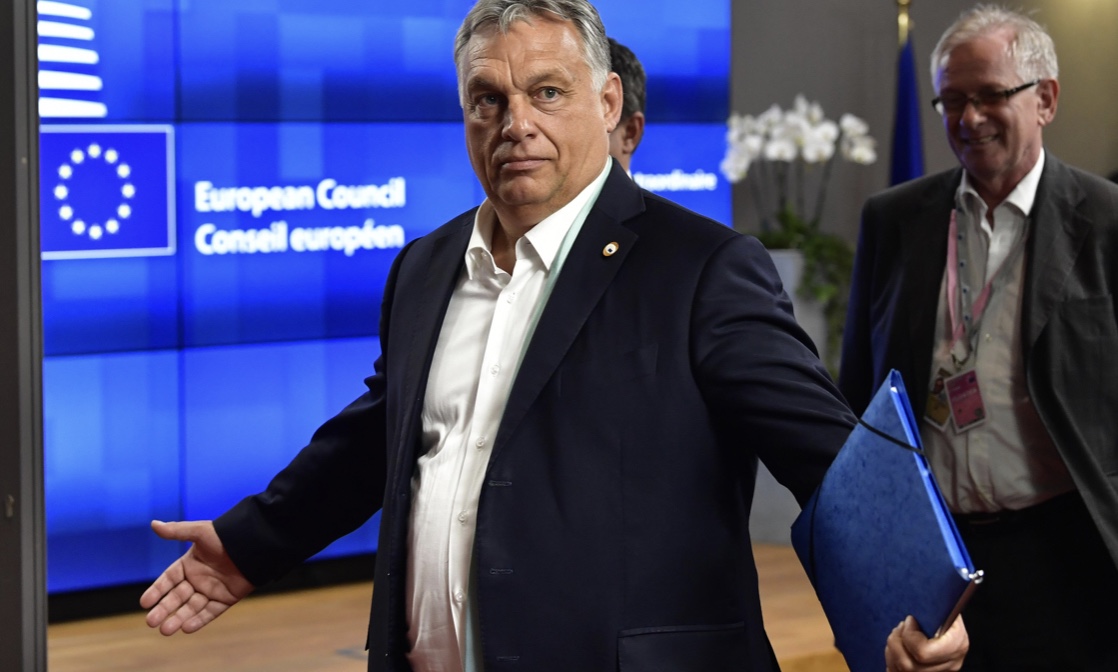The Extraordinary Council of the EU Commission on Monday seemed a success. On the other hand, yesterday at the meeting of the ambassadors some clutches were reactivated. Not only the question of oil (we are still a long way off on the date for the interruption of transport by sea) now the question of the patriarch is also aggravating the debate on sanctions against Russia Kirill.
The controversial head of the Russian Orthodox Church is among the closest allies and supporters of Vladimir Putin and his anti-Ukrainian and pro-war statements have aroused outrage throughout the West. His name had been included in the list drawn up by the EU, in reference to Russian people and entities to be hit with the sixth package.
Now given that there will be no unanimous vote, Kirill will not suffer the weight of the sanctions. Now, however, in Brussels they are starting to no longer trust Orban and at Palazzo Berlaymont they are already thinking about the imposition of duties on the import of crude oil by land as a last resort in case Hungary does not respect the deadlines - already very dilated for Budapest - for the oil embargo.
With the black smoke of Coreper - Permanent Representatives Committee -, Brussels however risks returning to the starting point. Yet another blitz by Orban could also damage his own government, because it distances the EU's yes to the Hungarian PNRR. A yes that has instead arrived for the Polish Recovery, testifying to the fact that, beyond the technical assessments, on the Brussels placet at the PNRR there is also a lot of politics.
The announcement will be made next Thursday by the same von der Leyen which will release 36 billion euros in favor of Warsaw. The turning point, writes the Ansa, came after the adoption by the lower house of the Polish Parliament of a law that abolishes the disciplinary section of the Supreme Court. But the extreme exposure of Poland on the Ukrainian war front counted not a little.
It was not an easy go-ahead, the one that came from the college of commissioners. The Socialists & Democrats - who express the vice president in the European executive Frans Timmermans - asked the Commission for consistency, reiterating that the Recovery funds should be disbursed to Poland only when all the conditions are met by the Morawiecki government.
At the EPP Congress in Rotterdam, von der Leyen in the meantime returned to talk about a united Europe determined to "fail"Putin.
The Russian leader and his oligarchs "they will have to contribute to Ukrainian reconstruction", The president of the Commission warned, underlining how, after the stop to oil, the EU"it will also have to get rid of Russian gas".
"Such a sanction would damage our economies in an unsustainable way", specified the vice president of the EPP Antonio Tajani expressing a concept that many governments share. The no to Russian gas is, for now, impossible. To make it impracticable there are also the resistances, in the Commission and in various EU countries, on the implementation of a new Recovery - to which Rome is also looking - to finance energy, defense and anti-inflation measures.
“It's an option that's not on the table. Use the available funds ", explained the Commissioner to the European Budget Johannes Hahn, referring to the resources provided by the RePowerEu. Which, however, are largely not new funds but resources transferred from Next Generation Eu.
